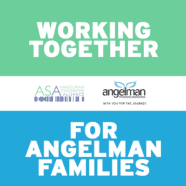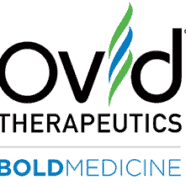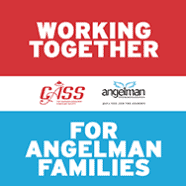October 22, 2021
As part of a 2020 ASF funded study, Ben Philpot, PhD and Matt Judson, PhD at UNC School of Medicine have been developing a gene therapy strategy as a method to restore function of UBE3A. The early results were published […]
Read more
November 17, 2020
The International Angelman Syndrome Alliance (ASA) and the Angelman Syndrome Foundation (ASF) announced a newly formed joint initiative: the Global Community Advisory Board (CAB). They will work together to represent the Angelman community as a unified voice when engaging with […]
Read more
October 21, 2020
Mark Zylka, PhD and his team at UNC School of Medicine have been studying CRISPR-Cas9 as a method to unsilence the paternal copy of UBE3A. After ASF funded the project, the findings were so positive, the NIH provided additional funding of […]
Read more
July 27, 2020
On July 23, 2020, Ovid Therapeutics announced a research collaboration with UCONN Health and Stormy Chamberlain, PhD. This exciting work began as an innovative idea funded by the Angelman Syndrome Foundation. Short hairpin RNA (shRNAs) work like ASOs, but can be […]
Read more
June 25, 2020
Today the Canadian Angelman Syndrome Society (CASS) and the Angelman Syndrome Foundation (ASF) announced that the two charities will collaborate with a shared goal of increasing research and support to Angelman syndrome (AS) families. United, the organizations will have the […]
Read more
June 12, 2020
Deerfield and Pinnacle Hill have partnered with Dr, Ben Philpot, UNC Chapel Hill, to advance a new therapeutic for AS! Their work focuses on manipulating gene expression and this collaboration will accelerate work previously funded by the ASF to the […]
Read more
March 18, 2020
ASF Funded Research leads to a collaboration for gene therapy to correct deficiency in UBE3A gene Asklepios BioPharmaceutical, Inc. (AskBio), a leading clinical-stage adeno-associated virus (AAV) gene therapy company, entered into a research collaboration and licensing agreement with the […]
Read more
November 25, 2019
A new network platform, Linking Angelman and Dup15q Data for Expanded Research (LADDER), will offer caregivers access to information about a larger population of patients living with Angelman or Dup15 syndromes to better inform their decisions regarding treatments and interventions. […]
Read more








